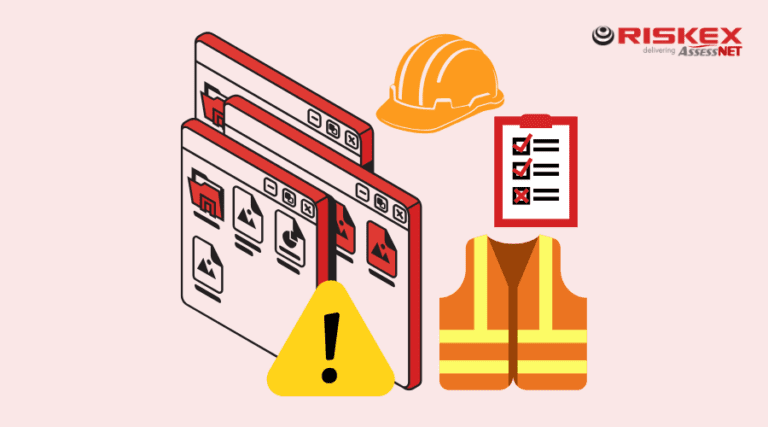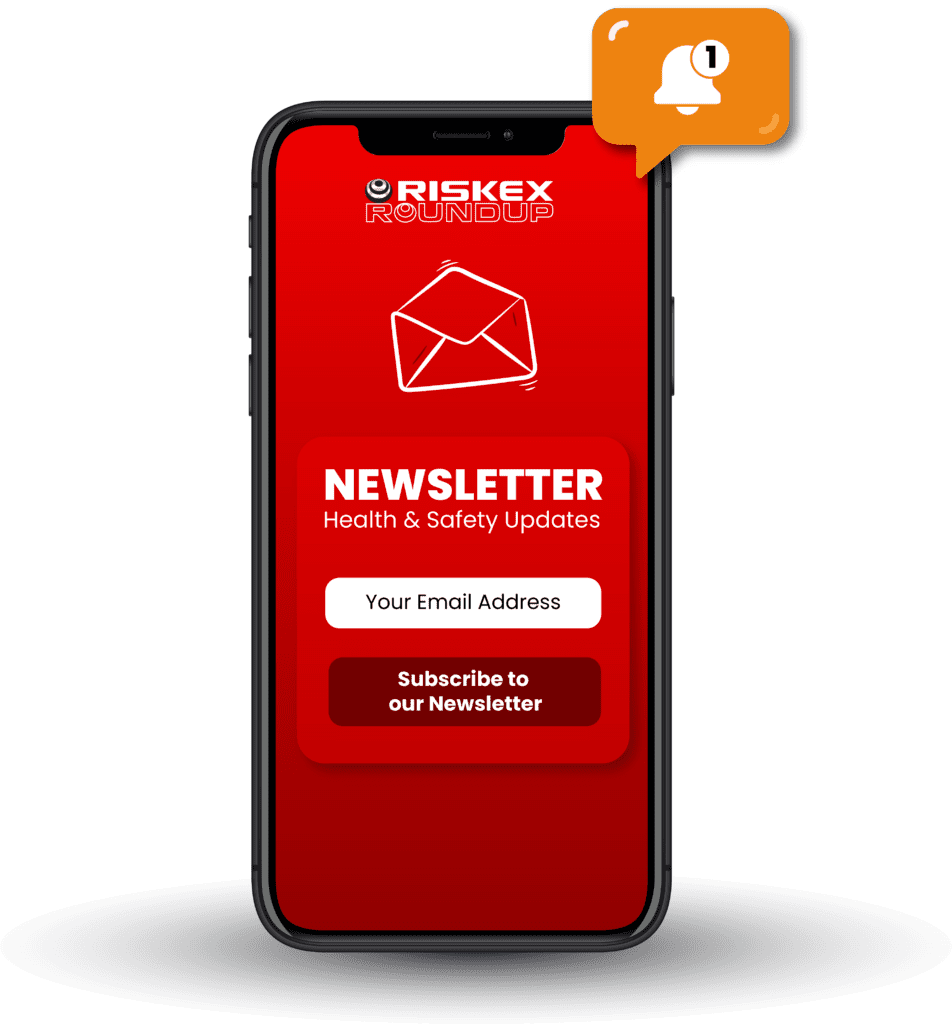Camping has surged in popularity across the UK. In 2022, Britons took around 16.7 million camping and caravanning trips, returning to pre-pandemic levels. Meanwhile, in 2023 the holiday park and campsite sector generated an impressive £12.2 billion, supporting over 226,000 jobs across the country.
It’s not just seasoned campers embracing this trend—42 % of UK adults go camping at least once a year, and 1 in 25 pitch-up monthly. For families, the appeal is clear: it’s a cost-effective way to holiday offering fresh air, freedom and sometimes a few home comforts, from budget tents to luxe glamping options.
But as more people embrace the outdoors, health and safety take on a new level of importance. A carefree camping trip relies not just on good weather and location, but on thoughtful planning and simple precautions that keep risks low and fun high.
Top tips for a safe and enjoying camping trip
To ensure your camping trip stays fun and risk-free, here are some essential health and safety tips:
Choose family friendly sites
Look for campsites with built-in amenities and play areas—plentiful options are available across the UK.
Check your gear before heading out
Always inspect and test your tent before departure, ensuring pegs are strong, and ventilation is adequate, especially to avoid heat risks.
Sun and bugs
Suncream, hats, and insect repellent are must-haves even on cloudy days as UV levels are higher throughout summer.
Store food safely
Keep perishables in a cool box or fridge and seal rubbish tightly to deter wildlife.
Stick to fire safety rules
Use designated fire pits or camping stoves. Keep water or sand nearby and fully extinguish fires or stoves before bed.
Be aware of the dangers of Carbon Monoxide
Anything that burns can give off CO gas. Never use stoves, fires or disposable barbecues for cooking or warmth in an enclosed space with poor ventilation. You could even pack a portable CO alarm for your tent.
Plan for weather changes
UK weather can shift fast so pack waterproof clothing and extra layers. Avoid riverbanks during heavy rain.
Have a first‐aid kit at hand
Include blister plasters, antiseptic wipes, tweezers, pain relief, antihistamines, and know the site’s location and emergency route.
Respect wildlife & nature
Keep distance from wild animals, avoid feeding them, and follow “leave no trace” principles to protect nature.
Dive deeper for more resources
The RoSPA camping safety leaflet is a brilliant free resource to explore covering everything from ticks, campfire safety, food hygiene and more. It’s a great addition to your preparation toolkit. Follow the link below to access it and discover further resources:
Happy camping from the Riskex team—enjoy the wilds responsibly!






